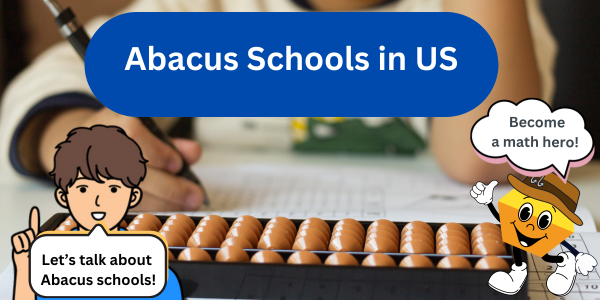When starting to learn the abacus, there are three main approaches: attending an abacus school, taking online classes, or learning on your own. In this post, we’ll delve into the first option: attending an abacus school.
Attending an Abacus School
In Japan, abacus schools are quite common. However, in the United States, finding an abacus school, especially one that teaches Japanese-style abacus and prepares students for Japanese proficiency exams, can be challenging. Enrolling in a school affiliated with the Japan Abacus Association is essential if you aim to achieve certification recognized on a Japanese resume. While I’m not sure how abacus certifications impact college admissions or job hunting in the U.S., learning from a certified instructor ensures top-notch training. This training not only enhances your arithmetic skills significantly but also lays a strong foundation for pursuing higher-level mathematics in the future.
I started learning the abacus at a school with a Japanese teacher who ran several abacus schools. These schools often hold competitions, which are a great way to motivate students. I loved participating in these competitions and winning trophies (As I improved, I started focusing more on complex problem-solving rather than just speed).
Benefits of Abacus Schools
- Expert Guidance: Experienced teachers are there to help you right away, making it easier to overcome any challenges you face.
- Structured Environment: Classes usually last 75-90 minutes, allowing students to focus without distractions.
- Motivation and Community: Being in a class with other students can create a sense of community and motivation.
Challenges of Abacus Schools
- Accessibility: Abacus schools aren’t common in the U.S., and while online classes can help, they don’t fully replace in-person learning.
- Cost: Tuition can be around $120-$150 per month(it might have increased due to inflation), plus extra costs for exams and competitions. Many students go twice a week, which can add up.
- Scheduling Conflicts: Abacus school schedules may conflict with other extracurricular activities.
- Instructor Compatibility: Just like in any school setting, having a good relationship with your teacher is very important for a great learning experience.
Conclusion
Attending an abacus school is a fantastic way for your child to quickly improve their abacus skills, especially if there’s a school nearby that fits into your schedule and budget. Students often attend abacus school for several years. However, consistent practice at home is still essential. Balancing abacus practice with other activities and being clear about your learning goals from the start can make the abacus learning much smoother.




